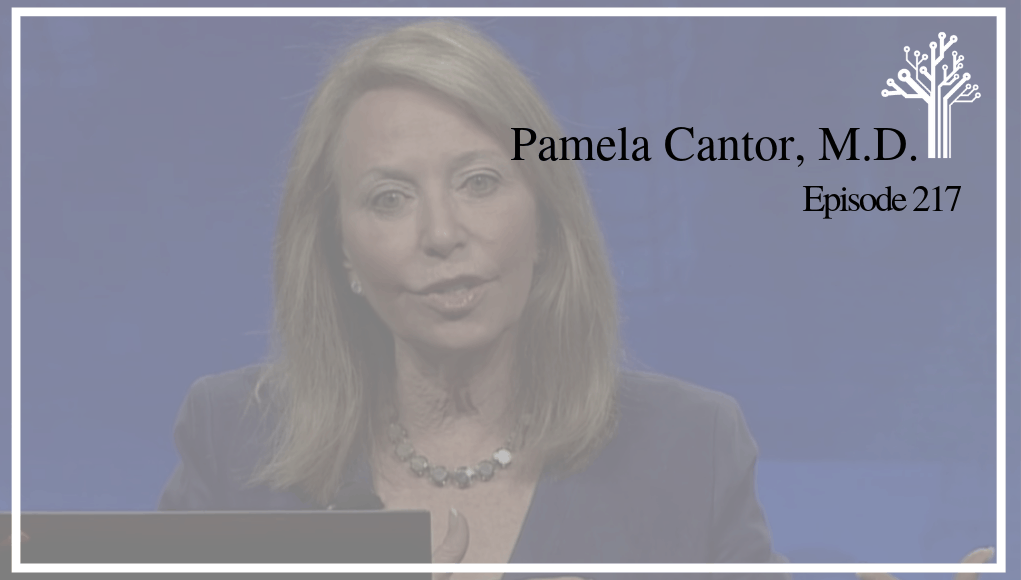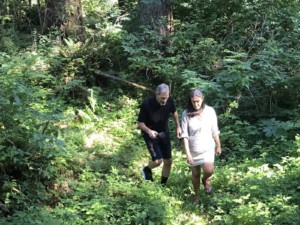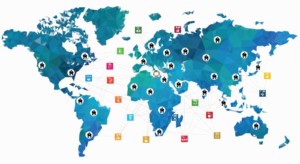Podcast: Pamela Cantor, M.D. on Childhood Development

In today’s episode, Tom Vander Ark is speaking with Pamela Cantor, M.D., a leading expert on childhood development. Dr. Cantor has practiced child psychiatry for nearly two decades and originally studied the impact of trauma on childhood development at Cornell. After 9/11, New York City asked her and others to co-lead a study on the impact of trauma from 9/11 on NYC schoolchildren. The experience inspired her to launch Turnaround for Children, a non-profit provider of tools and services for schools to support how students learn, especially children that have experienced trauma, of which Dr. Cantor is the founder and Sr. Science Advisor. Dr. Cantor appears in Edutopia’s How Learning Happens video series, which has over eight million views to date, alongside colleague Linda Darling-Hammond.
Listen in as Dr. Cantor talks to Tom about the impact of stress on children, childhood development, productive practices that unlock brain chemistry that can counter the toxic effects of stress, and how educators can help positively impact a child’s cognitive development. Dr. Cantor also speaks about Turnaround for Children and the impact they have on children; Building Blocks for Learning, Turnaround for Children’s framework; and her thoughts on a variety of topics from modeling regulation, maker space, and movement breaks to mindfulness, malleability, and mindset.
Key Takeaways:
[1:15] Why did Dr. Cantor decide to go to Cornell to study trauma and childhood development?
[4:22] Dr. Cantor highlights some important things for educators to know about childhood development, toxic stress, and the developmental impact that education has on children.
[10:36] What drives a child’s cognitive development and how educators can help positively impact it.
[13:45] Dr. Cantor gives the origin story of Turnaround for Children.
[18:22] Dr. Cantor describes Turnaround for Children’s framework (in collaboration with K. Brooke Stafford-Brizard): Building Blocks for Learning.
[22:25] Dr. Cantor gives her take on what sorts of experiences and environments help produce agency in students.
[27:36] Lightning round! Dr. Cantor gives her thoughts and opinions on these subjects: malleability, mindset, modeling regulation, mindfulness, movement breaks, and maker space.
[40:48] What is Dr. Cantor excited about now? What is next for her at Turnaround for Children?
Mentioned in This Episode:
Cornell University Medical College
Turnaround for Children
Dr. Pamela Cantor
Linda Darling-Hammond
Gates Foundation
Building Blocks for Learning (Turnaround for Children in collaboration with K. Brooke Stafford-Brizard)
The Science of Learning and Development Initiative
Teach for All
For more, see:
- Flipgrid Adds Free Career Decision Making Resources
- Podcast: Don Wettrick on Teaching Entrepreneurship
- Four Trends Influencing Education
Stay in-the-know with innovations in learning by signing up for the weekly Smart Update.








0 Comments
Leave a Comment
Your email address will not be published. All fields are required.